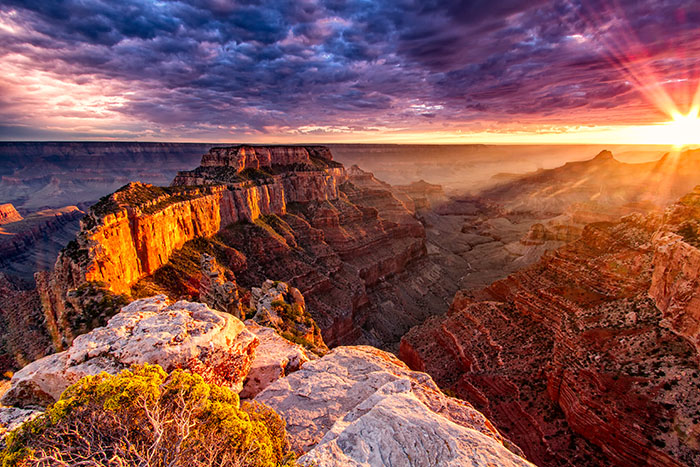Identity has become a psychological luxury, mainly for my ego, like a safety blanket for my self concept. I have slowly learned to consider myself human. This sounds silly. But I say this to express the complexity for how I diversify my identity. I have a suspicion that I collect identities, mainly to feel more valuable and wanted. I am building identities and tearing them down as I am challenged by fear and pleasure, among other motivators. I am at a point where I identify as being human, expressing through a Chicano lens. What is a Chicano lens?
There isn't an answer to that question. I claim it like a country claims its borders, it's there but it's not. It's a luxury. Latinos, especially oppressed Latinos found a way to unite under one psychological banner. Chicano has been an illusive concept to describe. Even having a Latino heritage I could easily find some other Latino to argue its meaning. It is a culture, an identity, a symbol, a political statement, a movement, a people, and a burden.
I learned how to call myself Chicano before I knew what it meant and how complex it was. I come from Spanish speaking grandparents. They were Spanish speaking before Mexican descendants re-rooted in the Southwest. They didn't unite under a Chicano banner. They surely never seemed to consider themselves as being Mexicano. They identified as American. I reflect and with bitterness describe to them the politics and cultural climate of their early adulthood, trying to paint for them how they were likely manipulated into becoming resources for the American country. They never thought how a significant and powerful part of America might hate them, use them, and marginalize them. They were eager to be valued too. They were happy with the life they were handed, and they would say it was what God needed of them.

My grandparents studied sustainable living before it was an up and coming remedy to climate change. It was a lifestyle of survival, empirically effective because they survived. A lifestyle that endured an economic depression, so much that it never registered for my grandparents as depressing. The Great Depression wasn't a hiccup in their comfort, because they were already accustomed to living in scarcity, maybe more like living within necessity. Likely a curriculum in sustainability the way Maria Montessori might describe in her Montessori methodology.
I recognize how Anglos, legal immigrants, have taken this culture that nurtured my grandparents, marketed it, and now call it New Mexico True capitalizing from a history of struggle. A entrepreneurial vision promoting, something more deeply valuable, deeper than allure, deeper than a scheme to draw tourist dollars and no Culture Tax to benefit the generations left competing to continue to feel valued in America.
The lifestyle I was nurtured in, has become entertainment. I see how legal immigrants develop business plans that promote enchiladas for $15 to $30, using the term New Mexican style restaurant. This price is enough to make a whole platter of enchiladas with carne, likely feeding a entire family of eight. They were wrapping tamales for winter, not so much for Christmas or the Special of the day, but because it was tradition and an efficient way to survive a New Mexican winter. They had matanzas for survival not for the peda (drunkenness), or more kindly to celebrate. Our traditions have grown to be a commodity. My elders never thought to turn their traditions into profits, like Kendrick Lamar beautifully explains, it is like "pimping a butterfly". Selling culture is the American way, maybe a colonial way, an imperial way, and it may also be, unfortunately, the civilized way. I am reminded that it is not the Chicano way. A reminder that my identity can be different.

Richard and Margaret Garcia as well as Abe and Josie Estrada have a heritage and history I cling to, the luxurious identity I see as Chicano. I use the identity of Chicano to remind me that I am not of the American dream but a human reality. I was not raised in a culture of entrepreneurial philosophies. I am rooted in thoughtful and humble traditions. When I become jealous and itchy for luxury, I remind myself of the beauty my grandparents survived in, never feeling poor and never needing status. They do although, live needing to be loved, forgiven, respected, and considered. This is what I like to think Chicano means, a Latin, Southwestern American, New Mexican, and Burqueno way to express being human.
-- Ron Valerio Estrada








